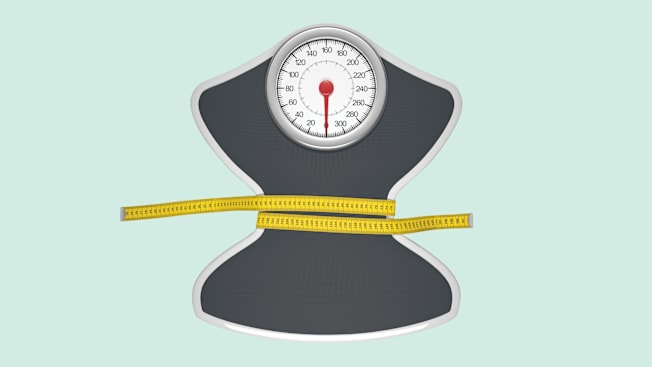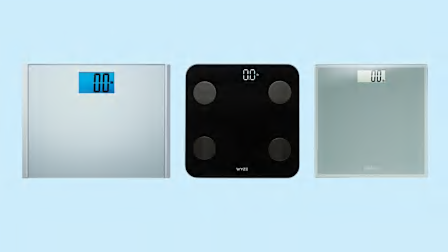The Truth About Weight Loss Drugs
Meds like Wegovy are all over the news. But are they right for you, especially if you're older than the average user?

Are you wondering whether you’re a candidate for one of the newer weight loss drugs, semaglutide (Wegovy) and tirzepatide (Zepbound)? These injectables are approved for weight loss in adults who are overweight or have obesity plus at least one of these conditions: high blood pressure, type 2 diabetes, or high cholesterol.
How Weight Loss Drugs Can Help
Both of these drugs were first used only as drugs for type 2 diabetes—semaglutide under the name Ozempic and tirzepatide as Mounjaro. They mimic hormones released when we eat that trigger insulin production and a feeling of fullness, says Louis Aronne, MD, director of the Comprehensive Weight Control Center at Weill Cornell Medicine in New York City. This helps control blood sugar.
They have heart health benefits, too. A 2023 study in the New England Journal of Medicine found that semaglutide reduced the risk of death from heart disease and nonfatal heart attacks or strokes by about 20 percent for people who were obese or overweight. The weight loss can also lighten the load on hips and knees, and the drugs may help protect kidneys, too.
What Older Adults Should Watch Out For
Muscle loss: We naturally lose muscle with age, as well as with weight loss. With these drugs, muscle mass in older adults may "decrease to the point that they’re at risk for complications, such as falls," says Nate Wood, MD, an obesity specialist at the Yale School of Medicine in New Haven, Conn.
Shedding too much weight: Older adults who are slightly or moderately overweight may be less likely to die prematurely, "which may be because there’s some extra body fat to carry you through an unexpected hospitalization or if you lose weight when you’re sick," Wood says.
Nausea, stomach pain, diarrhea, and vomiting: These side effects appear to be more common in older adults, according to Batsis.
The cost: Medicare Part D won’t cover weight loss drugs—which can run about $1,300 a month out of pocket—solely for weight loss. But Part D will generally cover them as a treatment for type 2 diabetes. And Wegovy is now covered to reduce heart attack and stroke risks in adults with obesity and those who are overweight and have established cardiovascular disease.
Before You Take a Weight Loss Drug
If you’re considering using a weight loss drug, the following steps are important.
Be active. The more you exercise, the more likely you can offset muscle loss from these weight loss drugs, says Louis Aronne, MD. Guidelines call for 30 minutes of moderate activity most days of the week and two resistance training sessions.
Get enough protein. This also helps prevent muscle loss, Aronne says. He advises that his older patients aim for at least 1.2 grams of protein for each kilogram of body weight. (If you weigh 175 pounds, that’s 12 ounces of lean protein daily.)
Try for frequent small meals. That can help to minimize the side effects of these drugs, which can include nausea and an upset stomach. "This is especially important for those who suffer from acid reflux," says Nate Wood, MD.
Editor’s Note: This article originally appeared in the August 2024 issue of Consumer Reports on Health.




